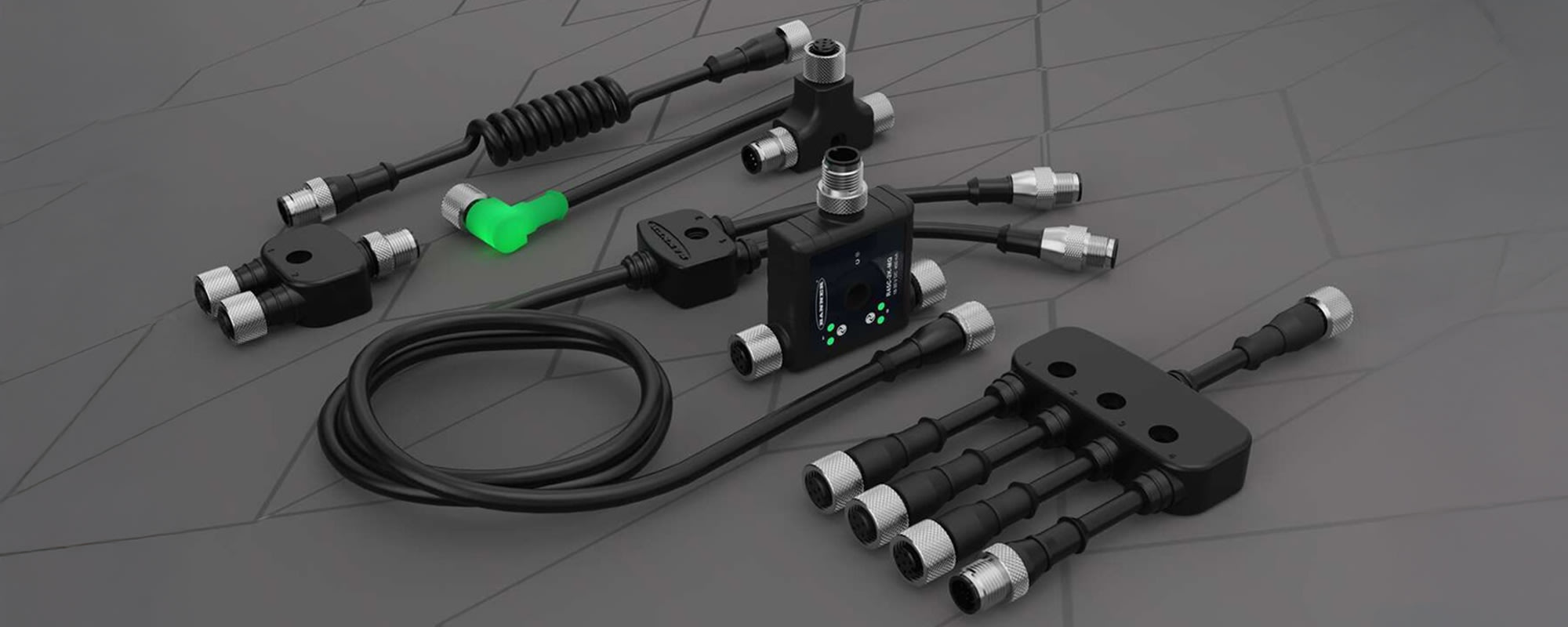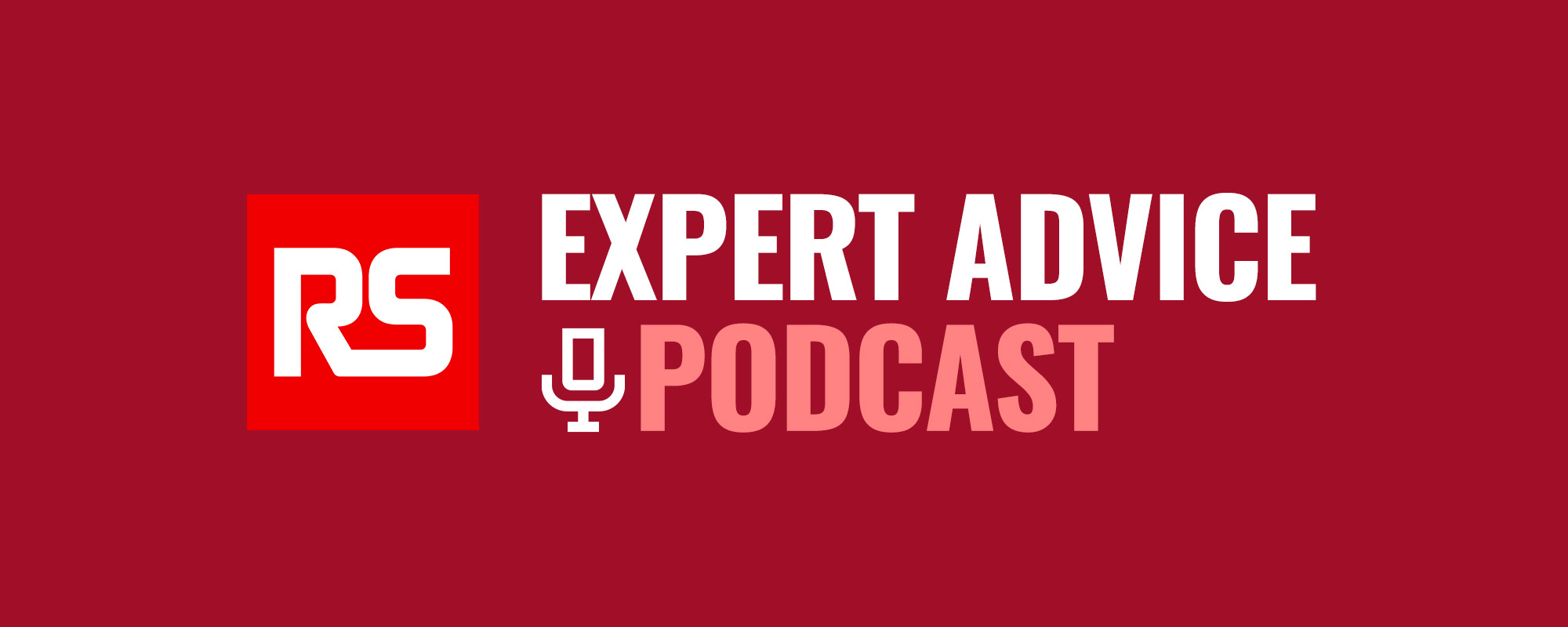Celebrate International LGBTQ+ STEM Day by learning about its history, the value of diversity and inclusivity in the workplace, persistent inequities, and six organizations dedicated to helping members of the queer STEM community thrive.
While science, technology, engineering, and math have existed for ages, the interdisciplinary concept of STEM — or, as it was originally known, SMET — arose in academia in the 1900s. American biologist Judith Ramaley rearranged the letters in the original acronym to form STEM, which is arguably snappier, in 2001, when working as the assistant director of education and human resources at the National Science Foundation. Since then, STEM has steadily gathered steam in both the academic and professional realms, expanding its influence and becoming a ubiquitous term used to describe a countless collection of interrelated disciplines, industries, and professions. But it wasn’t so long ago that the individuals working in STEM fields weren’t nearly as diverse as the various fields it refers to.
Minorities have always been a vital part of STEM fields, but access to STEM education, careers, and industry recognition has historically been far from equitable. Thanks to the tireless activism of various marginalized groups, the STEM field has continued to become more inclusive and diverse since the now-pervasive acronym was coined.
For example, November 18th is the seventh annual International LGBTQ+ STEM Day. This holiday celebrates the amazing contributions and achievements of queer people in STEM — many of whom felt pressured to conceal their true identity while shaping the very foundations of the world we live in — and highlights the continued importance and value of inclusivity and diversity in STEM education and professions.
The Origins of LGBTQ+ STEM Day November 18th is not a date the LGBTQ+ community pulled out of a hat; it actually has a fascinating history! November 18, 2016, the first official International LGBTQ+ STEM Day, marked the 60th anniversary of the landmark Supreme Court case of Frank Kameny.

Kameny, a brilliant astronomer and veteran, was fired from the U.S. Army for “immoral conduct,” referring to his relationships with men. When prodded by investigators, he only responded that his sexual orientation was a matter of his own personal life with no relation to his performance or position. After losing his appeal twice in federal courts, his case was then taken to the Supreme Court, where he did something truly groundbreaking. Rather than denying his homosexuality, which was the typical defense for LGBTQ+ people at the time, Kameny said the government had no place to declare homosexuality as immoral. Although the Court dismissed his claim, it marked the first civil rights claim on sexual orientation in American history and became a springboard for the LGBTQ+ rights movement for decades to come. Kameny would spend the rest of his life as one of the nation’s most outspoken queer rights activists, and in 2009, two years before his death, the U.S. government issued a formal apology for the discrimination its institutions had subjected him to.
This rich historical context and the hard-won rights that followed make November 18th the perfect day to reflect on the trials and achievements of queer STEM trailblazers, celebrate how the STEM field has progressed with regard to inclusivity and diversity, and continue to advocate and organize for equity.
The Value of Diversity and Inclusivity
Although there’s much more work to do in this area, there’s been some significant progress in LGBTQ workplace quality since Kameny’s 1956 court case, and we are living in a world where more organizations than ever are recognizing the value that an increased focus on diversity and inclusivity delivers. For example, according to a 2017 survey from Boston Consulting Group, which polled 1,700 companies in eight countries, companies that reported above-average diversity on their management teams also reported 19% higher innovation revenue than companies with below-average leadership diversity. Additionally, a 2019 report from McKinsey & Company found that companies in the top quartile of gender diversity on executive teamers were 25% more likely to experience above-average profitability than peer companies in the bottom quartile, and those in the top quartile for ethnic and cultural diversity outperformed peers in the bottom quartile by an incredible 33%!

The value goes beyond just dollars and cents, too. According to a 2016 study by the Australian Institute of Company Directors, diversity of thinking enhances innovation by 20%, improves group ability to reduce organizational risks by 30%, and overall improves implementation of decisions by creating buy-in and trust. A 2017 study from Cloverpop saw similar results, finding that diverse teams make better decisions 87% of the time.
Room for Improvement Unfortunately, existing research also indicates that the LGBTQ+ community has seen the fewest diversity and inclusivity benefits to date, particularly in the academic and professional STEM fields. According to a 2018 study published by Science Advances, sexual minority students were just over 7% less likely to be retained in STEM compared to heterosexual students, despite a higher sexual minority of STEM students reporting participation in undergraduate research compared to heterosexual students (49.4% vs. 41.1%). Similarly, a 2021 study from Science Advances, revealed that “controlling for variation by demographic, discipline, and job factors, LGBTQ STEM professionals were more likely to experience career limitations, harassment, and professional devaluation than their non-LGBTQ peers.” And this is an issue in both moral and labor market terms.

By 2030, Gen Z will comprise 30% of the U.S. labor force, and according to Gallup, more than one in five Gen Z adults between the ages of 18 and 26 identified as LGBTQ+ in 2023 — more than double than the previous generation! So, if STEM organizations choose to ignore this growing talent pool by not fostering an environment where those identifying as LGBTQ+ feel safe and supported, they will be doing themselves a major disservice, especially in fields that are suffering from persistent and growing skilled labor shortages, like the industrial manufacturing industry. One 2023 study from Deloitte found that 72% of Gen Zers researched an organization’s commitment to inclusion before applying for a job, and another found that 44% of Gen Zers have turned down an employer based on their personal ethics or beliefs.
However, while many STEM organizations still have a long way to go in this area, there are also plenty of organizations, like RS, that take great pride in fostering a diverse and inclusive environment for employees. And in addition to being fair and equitable, diversity and inclusion policies that support the queer community also make good business sense. According to Ernst and Young, the average Fortune 500 company can save nearly $4.2 million annually on turnover costs alone by improving the retention of LGBTQ+ employees by just 5%.
There’s a ton of research that supports the equitable inclusion of LGBTQ+ employees and tons of information and resources available to companies that want to improve their diversity and inclusion practices and tap into the incredible talent that can be found within LGBTQ+ community. So, this International LGBTQ+ STEM Day, we’re centering resources designed to support and enable queer members of the STEM community as they continue to strive for the equity they deserve.
Resources for the Queer STEM Community
In addition to articles intended to encourage members of the queer community and their allies to advocate for LGBTQ quality in their workplace, help them find an inclusive place to work, and report discrimination, there are a number of lesser-known but amazing and impactful organizations dedicated to helping members of the queer STEM community thrive, including:
- LGBTQ in Technology: The LGBTQ in Technology Slack is a multi-channel forum designed to offer queer STEM talent a safe, inclusive, space to connect, share ideas, and seek support in a healthy, confidential community of like-minded individuals around the world. Anyone who identifies as lesbian, gay, bisexual, trans, nonbinary, gender non-conforming, queer, or is still discovering their identity is welcome to join after agreeing to the code of conduct.
- 500 Queer Scientists: 500 Queer Scientists is a visibility campaign that makes it easy for members of the LGBTQ+ STEM community and their allies to share their personal stories and technical skills in order to provide the next generation of STEM hobbyists and professionals with role models, help the current generation realize that they’re not alone, and create opportunities for community connections.
- Out in Tech: Founded in 2015, Out in Tech has blossomed to become the world’s largest nonprofit community of LGBT+ tech leaders. Featuring over 50,000 members from 32 city chapters, it offers more than 300 events annually, including mini-conferences, leadership forums, high-profile panels, hackathons, networking opportunities, and executive talent dinners all aimed at giving queer individuals the opportunity to explore the world of STEM and interact with thousands of companies that align with their values.
- Lesbians Who Tech: Lesbians for Tech is dedicated to helping mid-senior women, women of color, and nonbinary leaders find pathways to leadership in STEM fields. To do so, they partner with businesses around the world to provide learning experiences for top-tier talent, curate access to targeted talent pipelines, and design brand activations that provide multiple streams of value and increased revenue. They also proudly offer the Edie Windsor Coding Scholarship, which covers up to 50% of bootcamp tuition for incoming LGBTQ+ women and non-binary talent seeking a rewarding career in STEM.
- Maven Youth: Maven Youth is a nonprofit organization for queer youth between the ages of 14 and 19 that offers free summer tech camps, virtual workshops, and youth leadership programs designed to provide participants with the skills, experience, and confidence they need to succeed in STEM and create a more equitable and inclusive tech industry.
- Unicorns in Tech: Since 2014, Unicorns in Tech has been one of Europe’s premier networking communities for top LBGTQ+ tech talent. With a network of over 4,000 members, Unicorns in Tech hosts dozens of annual events and summits designed to connect queer-friendly employers, startup founders, entrepreneurs, innovators, and students working to build a better, more inclusive world.
Celebrate International LGBTQ+ STEM Day
International LGBTQ+ STEM Day and National STEM Day are both celebrated in November, but their missions are worthy of support throughout the year. The STEM industry is growing rapidly. According to the U.S. Bureau of Labor Statistics, STEM jobs will represent a staggering 6.82% of the total U.S. job market by 2030. And as Gallup noted, the number of young people that identify as members of the LGBTQIA+ community — and will make up the next generation of STEM professionals — are growing as well.
We’ve made some great strides in LGBTQ workplace equality since Frank Kameny made the first civil rights claim based on sexual orientation 68 years ago, and a growing number of queer STEM innovators are earning the recognition they deserve. But harassment, social marginalization, and inequities persist and, in addition to deterring younger members of the LGBTQ+ community from pursuing STEM careers, cause current members of the queer STEM community to leave the STEM field at a higher rate than their heterosexual peers.
So, in celebration of International LGBTQ+ STEM Day, brush up on the basics of LGBTQ+ workplace policies and practices, help make your workplace more inclusive of your LGBTQ+ employees and colleagues, follow some of today’s leading LGBTQ+ tech innovators, and share the resources in this article with someone who could use them.







